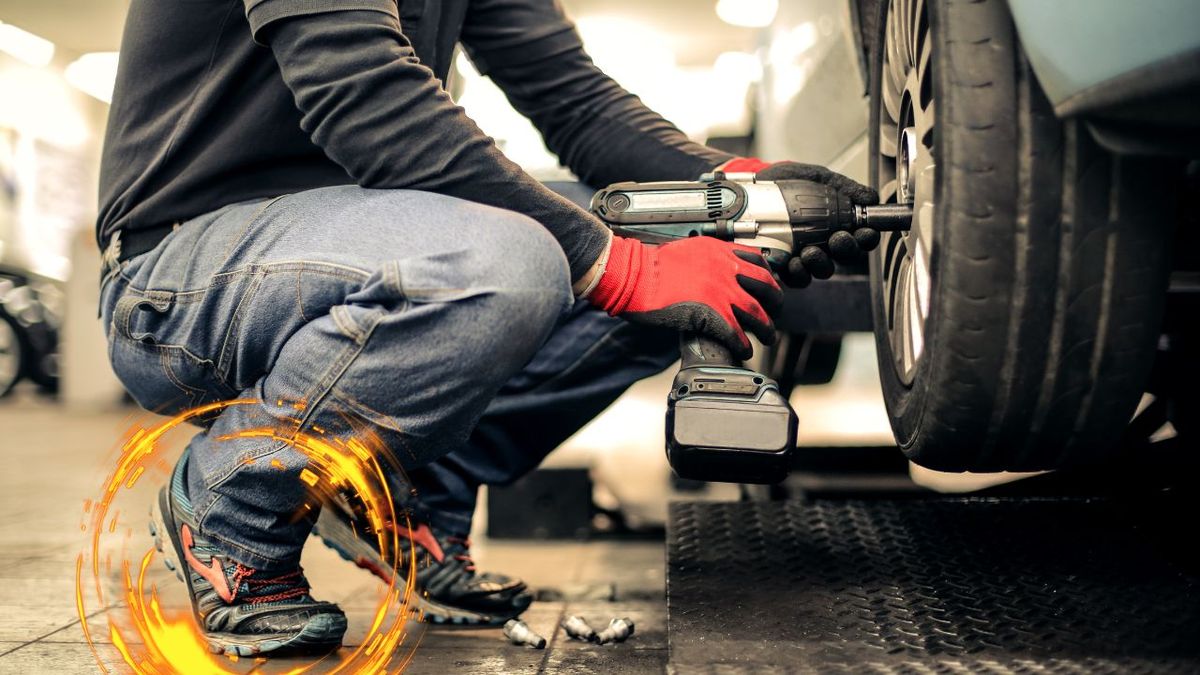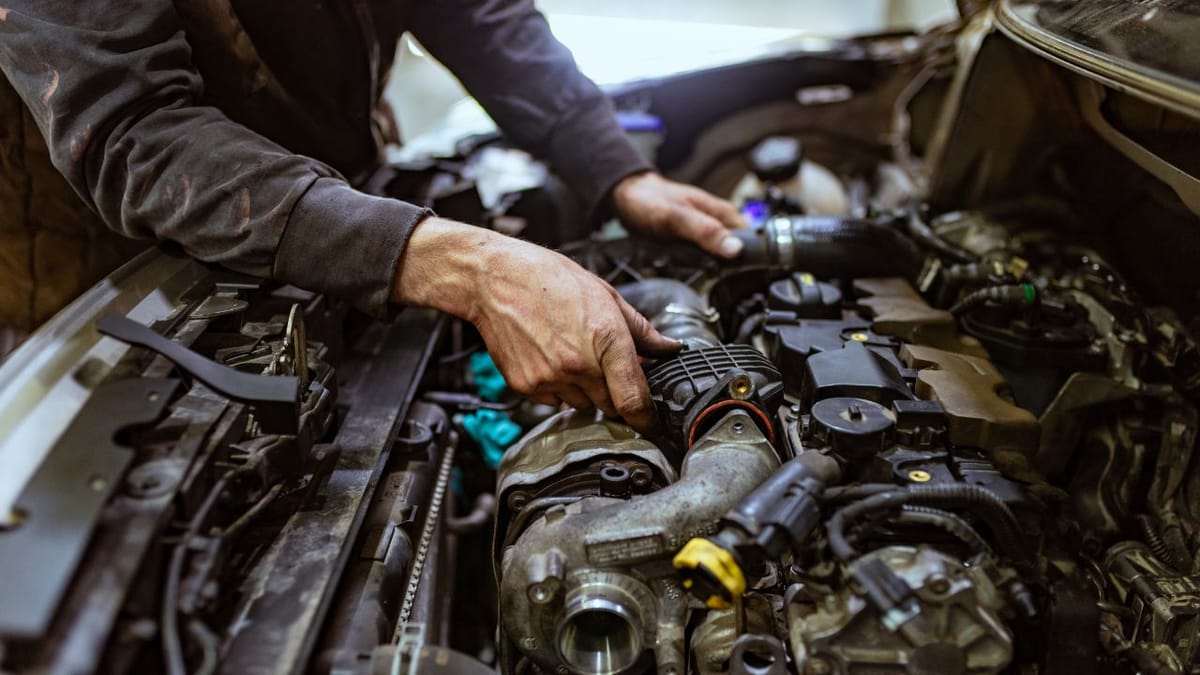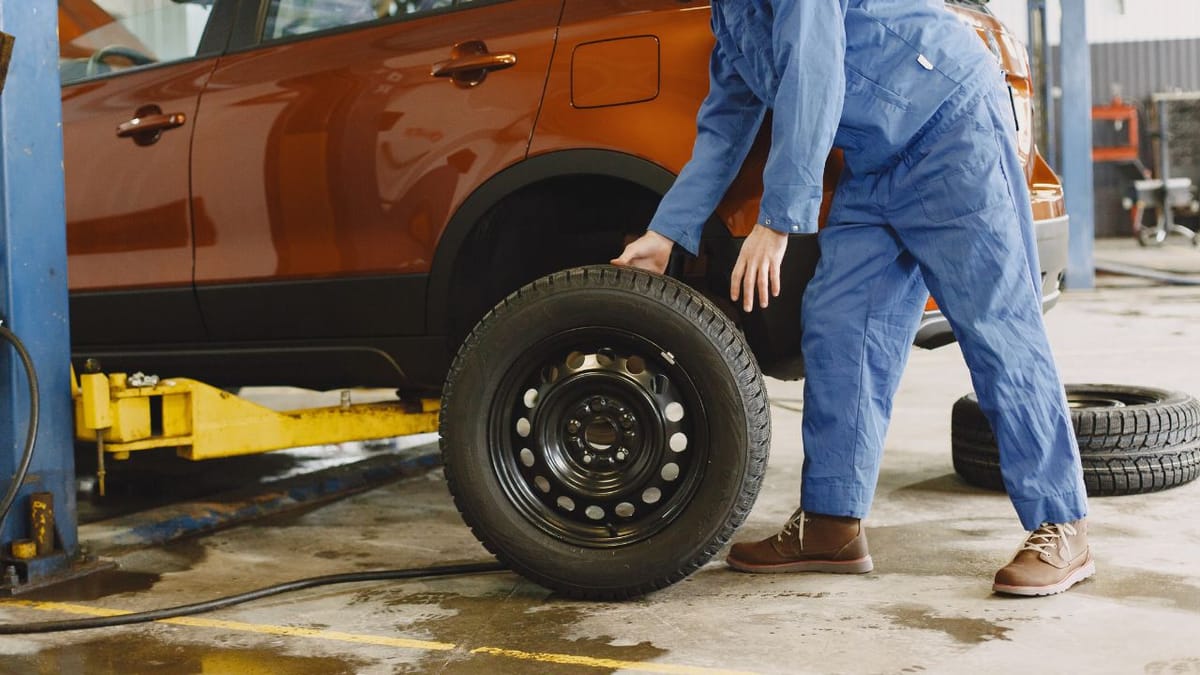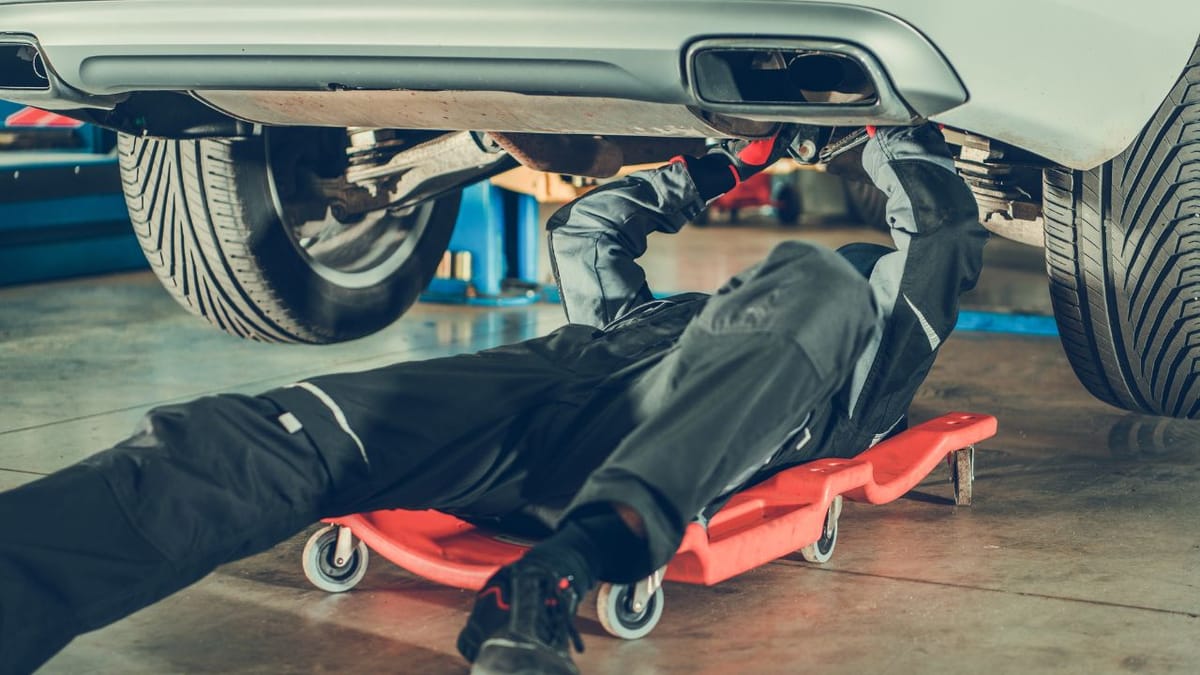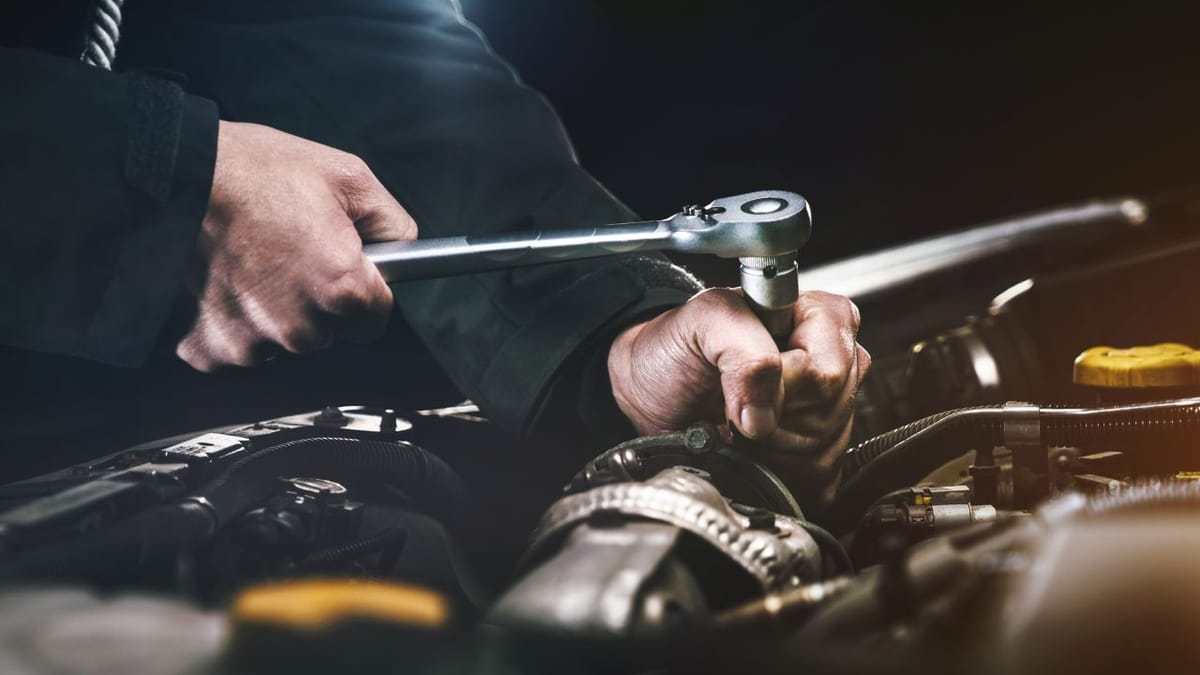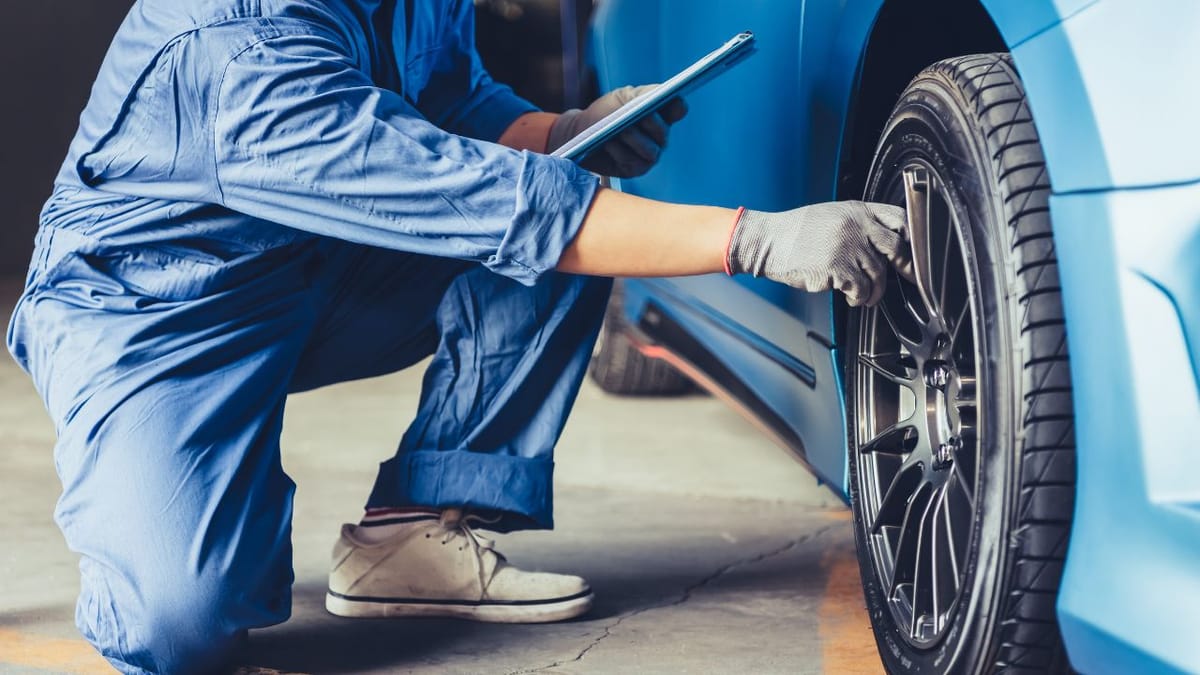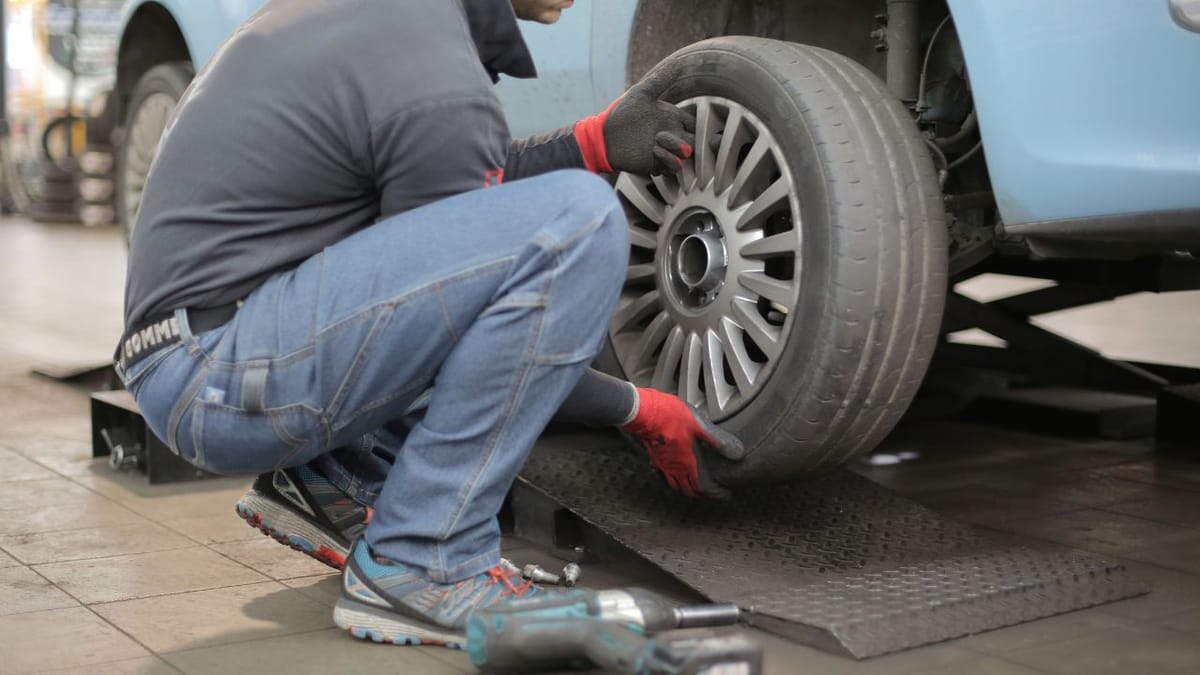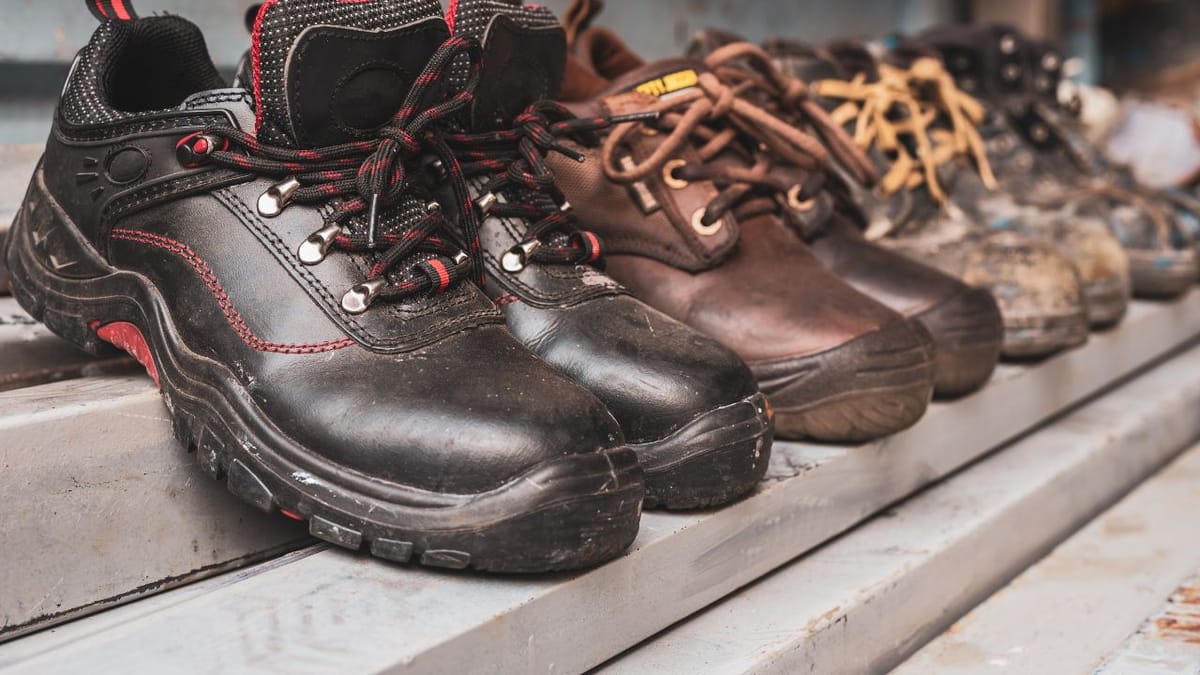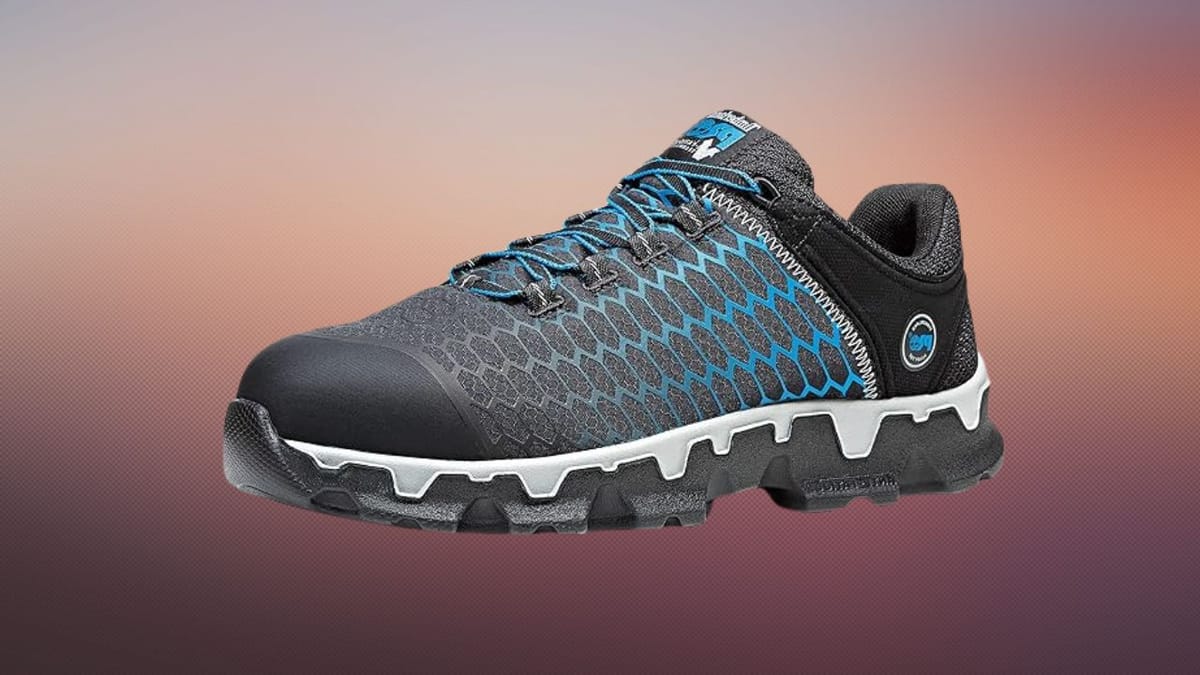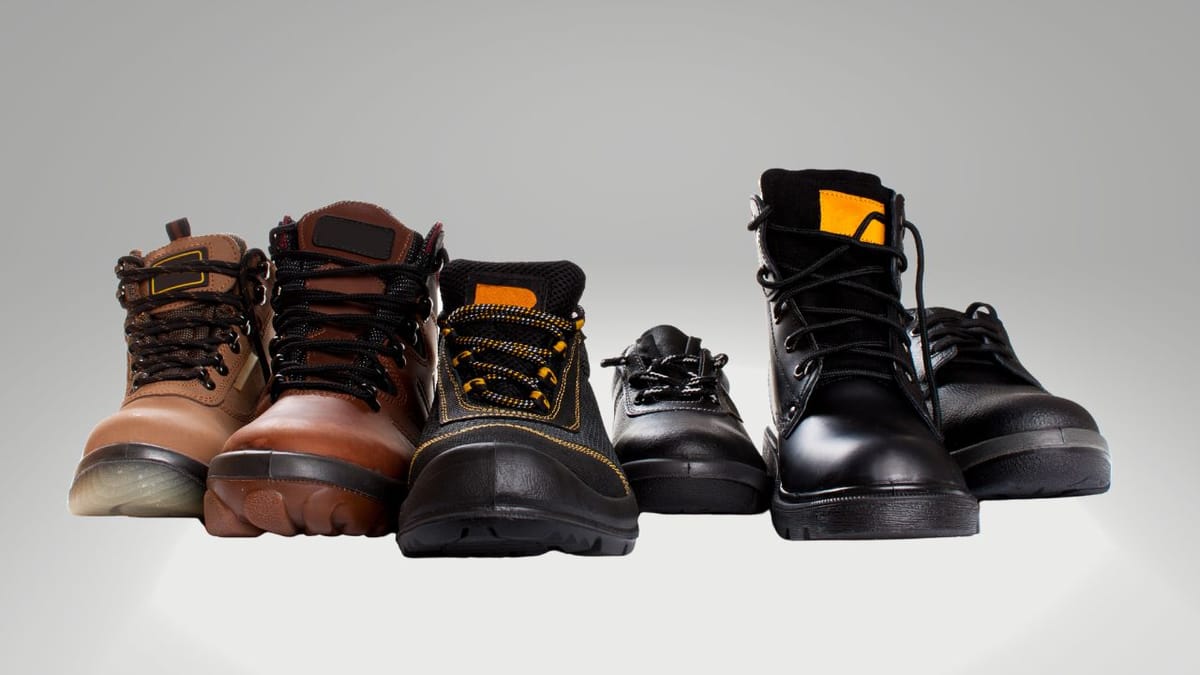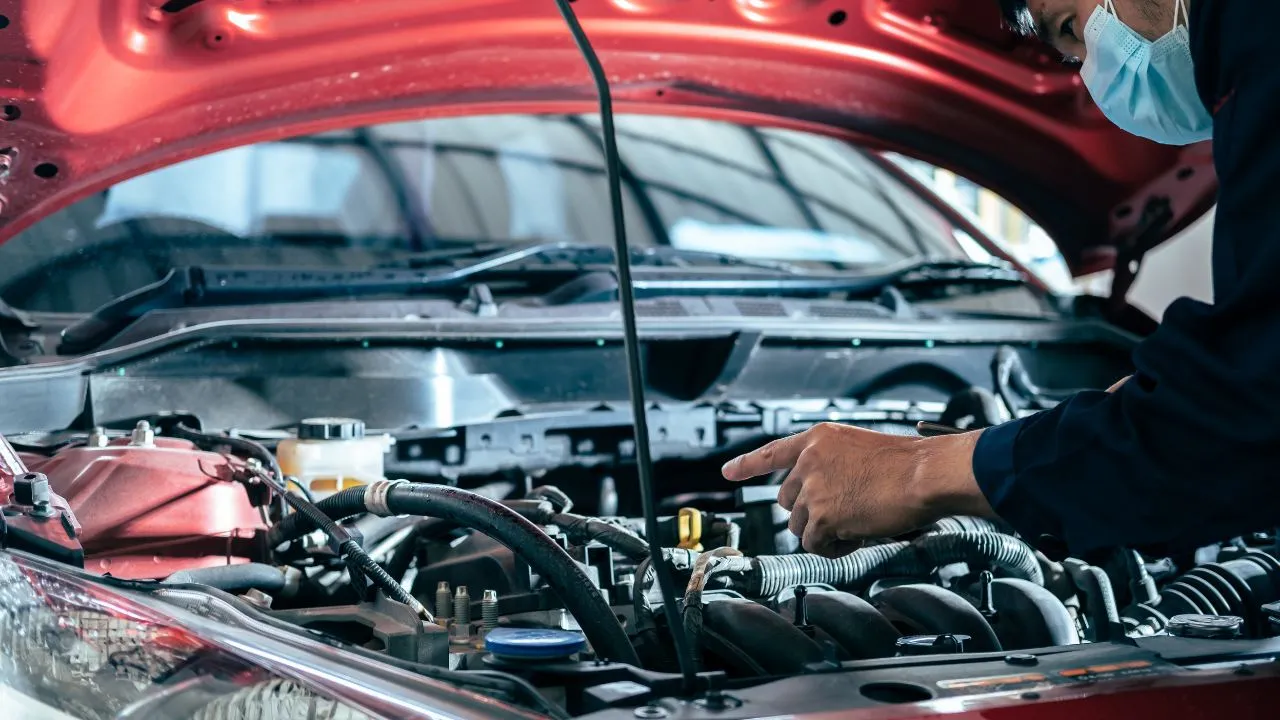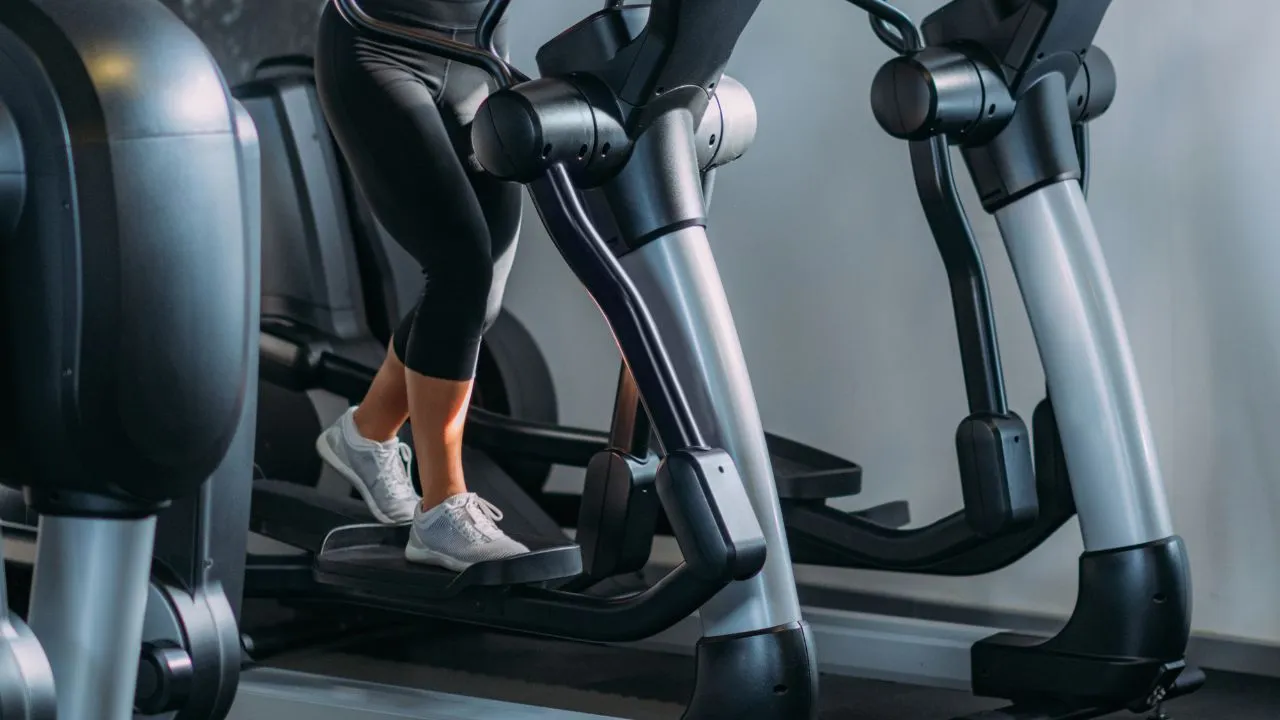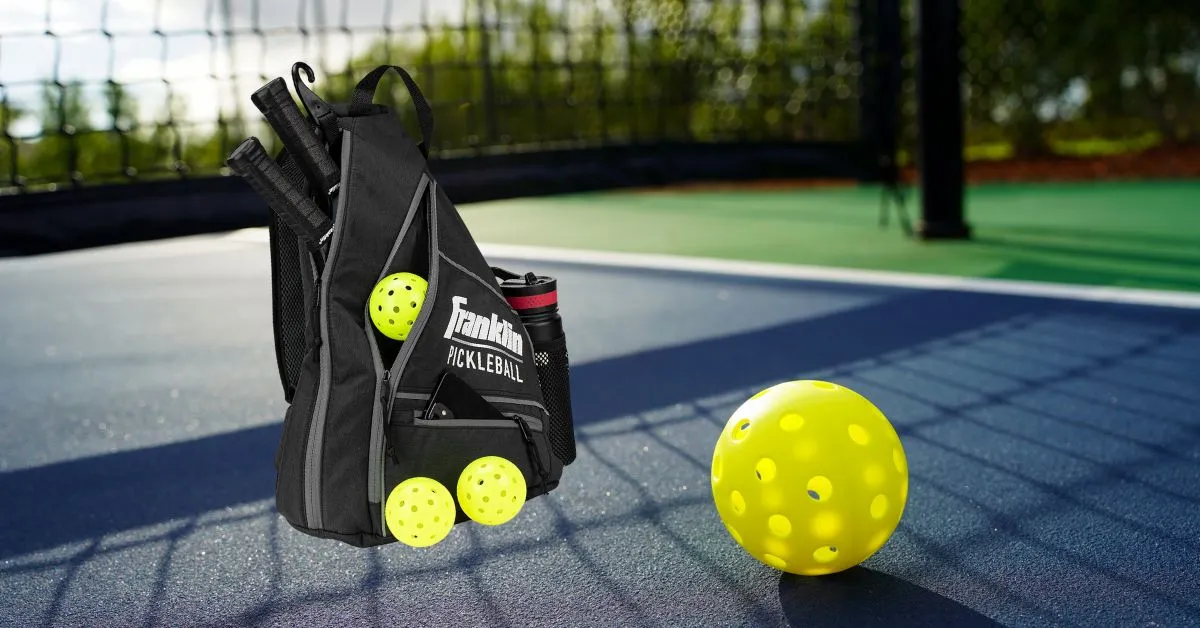Table of Contents
Key Takeaways:
- Auto mechanics require durable, comfortable, and safety-compliant shoes for their demanding work environment.
- Specific features like slip resistance, toe protection, and support are crucial in mechanic footwear.
- Regular maintenance and proper shoe selection can prevent workplace injuries and improve productivity.
Understanding the Unique Needs of Auto Mechanics
When it comes to the demanding work of auto mechanics, not just any shoe will do. The environment in which mechanics operate is fraught with potential hazards, from slippery oil spills to heavy tools that could drop at any moment. Therefore, the footwear chosen by these professionals must be designed to withstand such challenges while providing comfort during long hours of standing and moving around.
Mechanics need shoes that offer a combination of durability, safety, and comfort. This means materials that can resist oil and chemicals, protect from electrical hazards, and support the foot during long periods of standing or crouching. The right shoes are not a luxury but a necessity for any mechanic who values their safety and comfort on the job.
The Role of Safety Standards in Mechanic Shoes
Safety standards are not just bureaucratic red tape; they are essential guidelines that help protect mechanics from workplace injuries. Shoes for auto mechanics should meet specific safety standards like the ASTM International or OSHA guidelines, which ensure that footwear is capable of providing the necessary protection against common workplace hazards.
For instance, shoes that meet these standards will often feature steel or composite toe protection to shield the feet from heavy falling objects. They also might have electrical hazard protection to prevent shocks, and slip-resistant soles to keep mechanics steady on their feet in slippery conditions. Adhering to these standards is a critical step in selecting the right footwear for the job.
The Importance of Slip-Resistant Soles
One of the most critical features in a mechanic's shoe is the slip-resistant sole. Auto shops are environments where oil, grease, and other fluids can make floors treacherously slick. A slip-resistant sole made from materials like rubber can provide the traction needed to navigate these surfaces safely.
Moreover, the tread pattern on the sole also plays a significant role in slip resistance. Shoes designed for mechanics often have specific patterns that channel liquids away from the foot, providing a firmer grip on the floor. This feature not only helps prevent falls but also contributes to the mechanic's confidence and efficiency while working.
Toe Protection: Steel Toe vs. Composite Toe
Toe protection is a feature that cannot be overlooked when it comes to mechanic shoes. The debate often boils down to choosing between steel toe and composite toe boots. Steel toe boots offer robust protection and are a traditional choice in the industry. They can withstand significant impact and compression, making them suitable for most auto shop environments.
On the other hand, composite toe boots are a lighter alternative that still provides substantial protection. They are made from materials like Kevlar, carbon fiber, or plastic, which can be as strong as steel but are more comfortable for long-term wear. Each type has its advantages, and the choice often depends on personal preference and specific workplace requirements.
Comfort and Support: Essential for Long Shifts
Comfort and support are crucial for any worker who spends long hours on their feet, and auto mechanics are no exception. Shoes that offer adequate cushioning and arch support can make a significant difference in a mechanic's day. The insole and midsole of the shoe play a significant role in providing comfort, as they can help absorb shock and reduce foot fatigue.
Additionally, the fit of the shoe is just as important as its internal features. A shoe that fits well will prevent blisters and chafing, while also ensuring that the foot is properly supported in all the right places. This can help prevent common foot problems like plantar fasciitis, which can be debilitating for someone who needs to be on their feet all day.
The Durability Factor: Materials That Last
Durability is a key consideration when selecting shoes for auto mechanics. The materials used in the construction of the shoe must be able to withstand the harsh conditions of an auto shop. Leather is a popular choice due to its natural durability and resistance to abrasions, cuts, and chemicals. Some shoes also feature reinforced areas, like the toe and heel, to provide extra protection and extend the life of the shoe.
Synthetic materials are another option, often offering benefits like improved waterproofing and breathability. These materials can also be more lightweight than leather, which can reduce fatigue over a long workday. The choice of material will depend on the specific needs of the mechanic and the conditions they work in.
The Balance Between Weight and Protection
Finding the right balance between weight and protection in a mechanic's shoe is essential. Heavier shoes might offer more protection, but they can also lead to increased fatigue over time. Lightweight shoes, while more comfortable, may not provide enough protection in a high-risk environment.
The key is to find a shoe that offers sufficient protection without being unnecessarily heavy. This often means looking for shoes with composite safety features, which can provide the same level of protection as steel without the added weight. The right balance will allow mechanics to work safely and comfortably throughout their shift.
Specialized Features for Enhanced Performance
Some mechanic shoes come with specialized features that enhance performance and safety. For example, some have puncture-resistant soles to protect against sharp objects, while others have metatarsal guards to protect the upper foot. Electrical hazard protection is another feature that can be vital in certain work environments.
These specialized features can be particularly important for mechanics who work in environments with unique hazards. While they may come at a higher cost, the added protection they provide can be invaluable in preventing injuries and ensuring a mechanic can perform their job to the best of their ability.
Maintenance and Care of Mechanic Shoes
Proper maintenance and care of mechanic shoes can extend their lifespan and ensure they continue to provide the necessary protection. This includes regular cleaning to remove any chemicals or substances that could degrade the materials, as well as inspecting the shoes for signs of wear and tear.
Mechanics should also be mindful of the internal condition of their shoes. Insoles and linings can wear out and should be replaced when necessary to maintain comfort and support. By taking good care of their shoes, mechanics can ensure they remain a reliable part of their work attire.
Choosing the Right Shoe for You
Ultimately, the right shoe for an auto mechanic will depend on a variety of factors, including the specific hazards of their work environment, their personal comfort preferences, and any existing foot conditions they may have. It's important to try on several pairs and consider how the shoes feel after several hours of wear, as this will be the true test of their suitability.
Mechanics should also consider the reputation of the brand and read reviews from other professionals in the field. This can provide valuable insight into how the shoes perform in real-world conditions. With the right information and a careful selection process, mechanics can find the perfect pair of shoes to keep them safe and comfortable on the job.
Summary
Auto mechanics face unique challenges that require specialized footwear. Shoes with slip-resistant soles, toe protection, and the right balance of comfort and durability are essential. Safety standards guide the selection process, ensuring mechanics have the protection they need. While steel toe boots are traditional, composite toe options offer a lighter alternative. Comfort is crucial for those long shifts, and materials like leather and synthetics provide durability. Specialized features can enhance performance, but the right shoe ultimately depends on individual needs and preferences. Proper maintenance ensures longevity and continued protection.
FAQ Section
Why can't auto mechanics wear regular sneakers to work?
Regular sneakers typically lack the safety features necessary to protect mechanics from workplace hazards such as heavy objects, sharp tools, and slippery surfaces. They also may not provide the support needed for long hours of standing and moving around.
How often should auto mechanics replace their work shoes?
The frequency of replacement depends on the shoe's quality, the environment in which they're worn, and how well they're maintained. Generally, it's recommended to replace work shoes when they show signs of significant wear, such as worn-out soles, damaged safety features, or when they no longer provide adequate support.
Are there any specific brands that are recommended for auto mechanics?
While there are many brands that offer quality work shoes for auto mechanics, it's important to choose based on the specific features and safety standards required for the job. Brands like Red Wing, Timberland Pro, and Keen are known for their durable and safety-compliant work footwear. Always read reviews and consider personal comfort and fit when selecting a brand.
Other Related Articles
